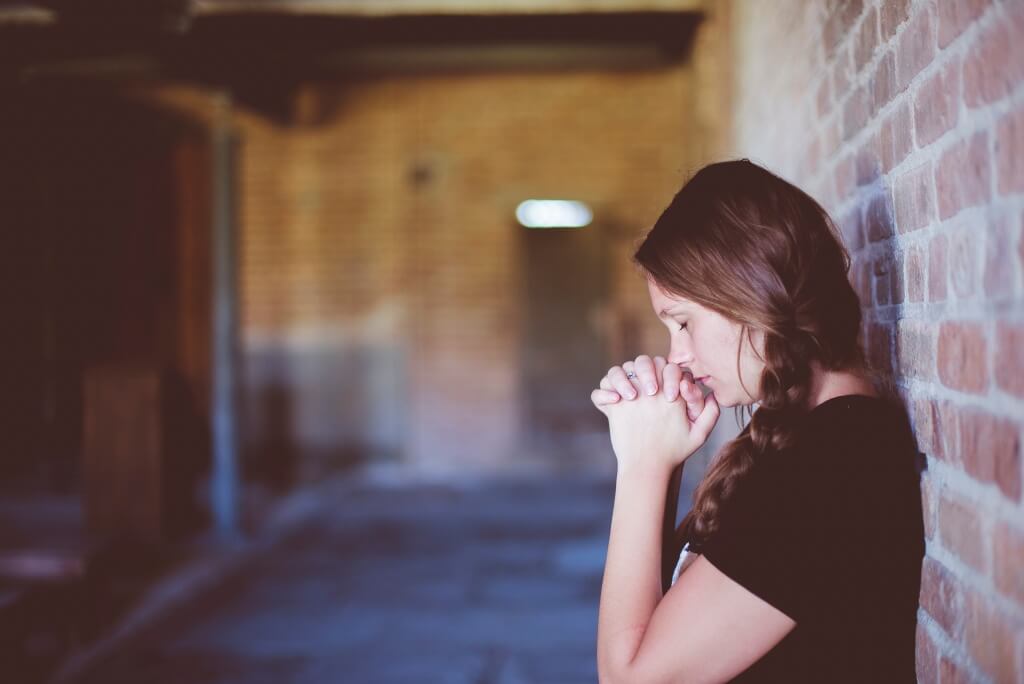Supreme Court Poised to Hear Landmark Religious Funding Case
October 11th, 2019

In the case of Espinoza v. Montana Department of Revenue, the Supreme Court is poised to hear a case that will address the question of whether states can be forced to underwrite religious education with taxpayer funding. Although courts have previously allowed the government to adopt school-voucher programs that provide indirect government funding to religious schools, the Constitution has never been interpreted as requiring this type of religious funding.
The Facts of the Religious Funding Case
Espinoza involves a voucher-type program that was created to divert millions in government dollars to private schools. This program was established in 2015 to allow taxpayers to receive tax credits for donations to Student Scholarship Organizations, which then award scholarships to students attending private elementary and secondary schools. The only Student Scholarship Organization in Montana (where Espinoza lives) supports 13 private schools, which includes 12 religiously affiliated schools.
Montana’s Stance Against Government Funded Religion
Even indirect funding of religion through the voucher-type program is against the terms of the Montana constitution. The state’s constitution includes a “no-aid provision” which was adopted to promote the separation of church and state as well as to make sure Montana’s public school received continued financial support. In consideration of this “no-aid provision,” the Montana Department of Revenue established a rule that prohibits Student Scholarship Organizations from funding religious education and training at private schools. Parents of students who attend religious schools later challenged this prohibition on the basis that it unconstitutionally discriminates against them by excluding religious schools from the tax-credit program. The Montana Supreme Court later abolished all tax-credit funding for all private schools located in the state.
The U.S. Supreme Court and No-Aid Provisions
The United States Supreme Court has previously ruled that no-aid provisions are a valid exercise of the state’s authority. In the case of Locke v. Davey, a majority of the Supreme Court held that the state of Washington could constitutionally restrict specific religious uses of government funding in a school sponsorship program. The court in the Locke case rejected a free-exercise challenge to the state’s decision to restrict the use of scholarships for college degrees in theology. The Supreme Court found that the state was not required to fund religious training.
The Argument Made by Espinoza
The Espinoza plaintiffs argued based on another United States Supreme Court, Trinity Lutheran v. Conner. In this case, the Supreme Court held that the state of Missouri violated the free exercise clause by denying a church-operated preschool a grant to buy a new rubber surface solely based on the school’s religious status. The United States Supreme Court, in this case, stated that the case involved only express discrimination based on religious identity and that the funding did not address any religious issues of the school.
The Goal of the Universal Life Church’s Blog
While the separation between church and state in the United States is older than the constitution, the exact boundaries of this relationship are tested often. That is why each month, the Universal Life Church’s blog focuses on documenting the most recent changes in the relationship between church and state.


